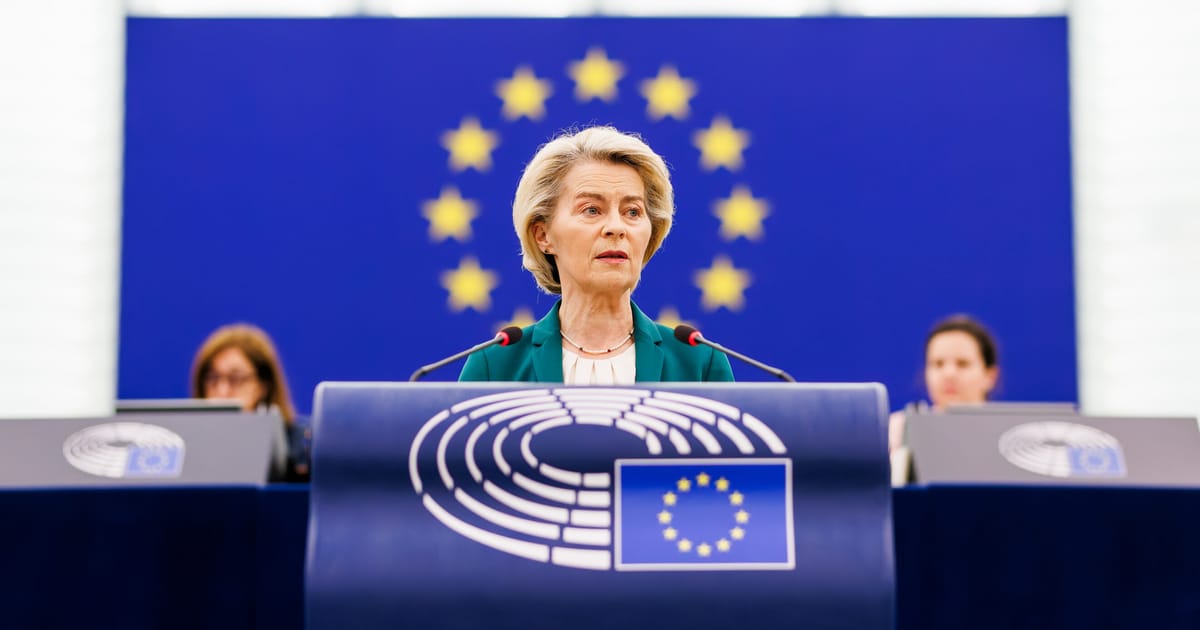

In the midst of a challenging international landscape, the European Union (EU) is actively navigating its trade relationships and geopolitical strategies. Recent developments indicate both cooperation and caution in its approach to global partnerships and trade tensions. These actions are emblematic of a wider effort to maintain balance and stability in an increasingly interconnected world.
This past week, the EU took a significant step by suspending potential retaliatory trade measures against the United States. This decision is part of a broader strategy to encourage the continuation of diplomatic negotiations aimed at reaching a comprehensive tariff agreement. Despite this pause, the EU remains prepared to extend these retaliatory tariffs if necessary, highlighting its readiness to protect its economic interests while demonstrating a preference for constructive dialogue. Brussels is prepared to target an additional €72 billion in U.S. goods, a reflection of its strategic positioning amid the current trade tensions.
Conversely, the EU is also working to strengthen its economic ties beyond the transatlantic sphere. A new agreement with Indonesia marks a pivotal expansion in trade relations for the EU, signaling its commitment to fostering global alliances. This partnership aims to enhance economic collaboration and resonates against a backdrop of the United States imposing new tariffs on various trade partners, including the EU. The agreement with Indonesia illustrates the EU’s proactive approach to diversifying its trade networks, thereby mitigating the impact of any singular external pressure.
Meanwhile, French President Emmanuel Macron has urged the EU to defend its economic interests resolutely in the face of heightened tariff threats from the United States, led by former President Donald Trump. A proposed 30% tariff on nearly all EU imports poses a substantial challenge, prompting calls for a measured response. While Macron emphasizes a robust and unyielding stance, other EU leaders advocate for maintaining a sense of calm and pragmatism to avoid escalating tensions unnecessarily. The EU has thus opted for a temporary halt on €21 billion worth of retaliatory tariffs as both parties approach a crucial deadline set for August 1. This careful balancing act underscores the EU’s commitment to navigating these complex issues strategically and sensibly.
On another front, geopolitics in the Middle East continues to unfold with intricacy. A UN summit aimed at reigniting conversations about a two-state solution involving Palestine and Israel remains a focal point of international attention. Emmanuel Macron’s absence from this crucial event suggests a tempered expectation regarding significant shifts towards the recognition of a Palestinian state. Although Macron reiterates that a two-state solution is pivotal for lasting peace, recent developments in ceasefire talks between Hamas and Israel have hindered progress, necessitating a reevaluation of diplomatic engagements.
In parallel, the situation in Gaza remains precarious, with recent meetings between Israeli Prime Minister Benjamin Netanyahu and U.S. representatives failing to yield a breakthrough in the ceasefire discussions. Despite optimistic statements from Donald Trump about the potential for stabilizing the region, the situation remains unresolved, and emotions run high among citizens who yearn for peace and government accountability.
Beyond trade and political affairs, other countries are navigating their own strategic decisions on the global stage. In a different part of the world, Guinea-Bissau has opted to cancel its participation in the Community of Portuguese Language Countries (CPLP) Parliamentary Assembly. This decision comes after a complex political landscape saw the dissolution of its national parliament in late 2023, reflecting ongoing regional dynamics and challenging prospects for engagement in multilateral forums.
Together, these global developments illustrate the intricate tapestry of contemporary international relations. Countries and organizations worldwide must tread carefully to balance their interests, maintain peace, and foster global prosperity in a climate that is both promising and unpredictable.
Source: {link}
